
O Instituto Igarapé utiliza cookies e outras tecnologias semelhantes para melhorar a sua experiência, de acordo com a nossa Política de Privacidade e nossos Termos de Uso e, ao continuar navegando, você concorda com essas condições.

Is the world becoming less violent? The answer is yes and no.

“Anti-migrant sentiment is at fever pitch.” Seeing ourselves as others see us

Long an advocate for refugee rights, Brazil’s response to the Venezuelan crisis has fallen short. Here’s how it could be improved. By Maiara Folly and Robert Muggah Published in Americas Quarterly It’s official. Venezuela is suffering the worst migration crisis in Latin American history. Faced

Africa is urbanising at break-neck speed. So how do people keep track of where city amenities are, or indeed which areas are at risk of flooding?

But that will not be enough to curb emigration
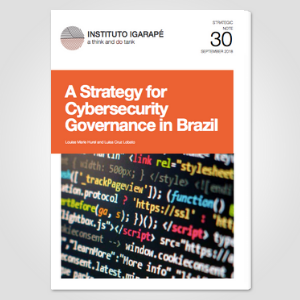
This study explores the institutionalization of the cybersecurity agenda in Brazil and seeks to identify opportunities for multi-stakeholder cooperation.

The 16-year-old had spent a balmy Saturday afternoon in May with his high school friends at a funk music party in Brasília’s central park, not far from the country’s presidential palace.

For Natalia and Rubens Ortega, the only remaining question is: Glock or Taurus?
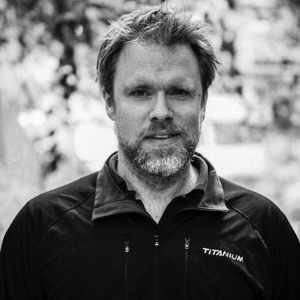
For as long as anyone can recall, Ituri, the mineral-rich province in the northeastern Democratic Republic of the Congo has been wracked by inter-communal violence.

Cities, not nation-states, are the dominant unit of human organization in the twenty-first century.

For desperate Latin American leaders, the ex-mayor’s super-cop reputation matters more than feeble results.
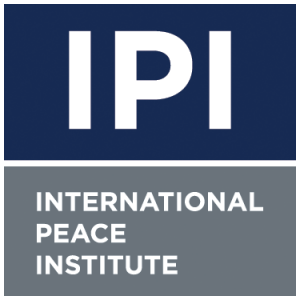
“international cooperation is key to tackling global challenges and ensuring durable peace.”

When Joaquín “El Chapo” Guzmán was bussed to trial in New York on Tuesday morning, Brooklyn Bridge was closed.

Legal gun sales – and black market forces – keep arms flowing across the U.S.-Mexico border

This idea has gained momentum as Peru, Bolivia and Brazil join forces to build a corridor that would stretch over 3,800 km from the port of Santos, in Brazil, across Bolivia to the port of Ilo, in Peru.

Populism’s global resurgence has alarmed many, as has former Trump advisor Steve Bannon’s effort to empower populism’s international proponents.

While there is no need for American troops on our border now, that day is coming.

An ultraright populist just won the presidency of Latin America’s largest country.

Cities, not nation states, are the dominant form of human civilization in the 21st century.

As 1.4 million people move to cities each week, local abilities to keep residents safe can become strained, increasing the risk of disasters, warned the United Nations secretary-general.
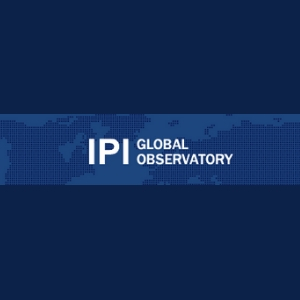
An ultra-right populist just won the presidency of Latin America’s largest country.

The new leader of Latin America’s biggest democracy and economy doesn’t care about your feelings

Displacement and deforestation

Ex-army captain has promised to appoint military men who served alongside him under dictatorship

Brazilians are voting Sunday in a presidential election that’s captured global attention largely because of one man: Jair Bolsonaro.
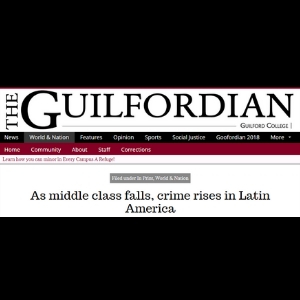
According to the Pew Research Center, the crime rate has fallen in the United States over the past 25 years.

Brash, hard-right candidate Jair Bolsonaro is cleaning up in Brazil

Brazil is a majority nonwhite country, a multicultural mix of ethnicities.

CALI, Colombia (Thomson Reuters Foundation) – As a boy growing up in a slum in Cali, one of the most world’s most violent cities, Andres Felipe Gonzalez knew his chances of a life without crime or becoming a victim of crime were slim.

O Instituto Igarapé utiliza cookies e outras tecnologias semelhantes para melhorar a sua experiência, de acordo com a nossa Política de Privacidade e nossos Termos de Uso e, ao continuar navegando, você concorda com essas condições.

